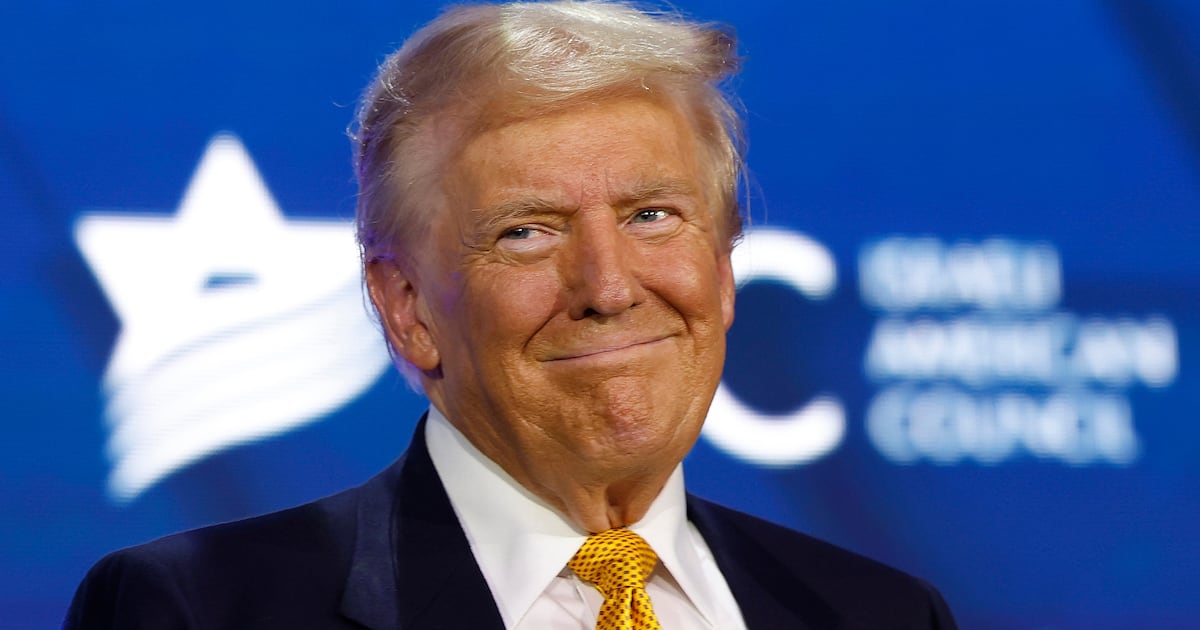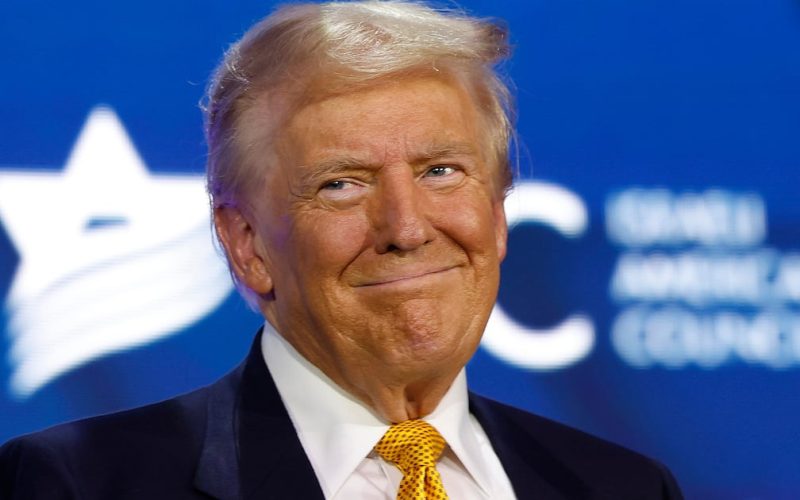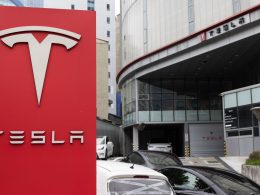In 2025, the Trump administration continues to navigate the complex landscape of artificial intelligence (AI) and cryptocurrency regulation, largely thanks to the efforts of David Sacks, the appointed “crypto czar.” Despite the legal framework that limits special government employees (SGEs) to a maximum of 130 days of service within a 365-day period, Sacks has devised a strategy to extend his tenure indefinitely. This arrangement allows him to balance his responsibilities at the White House with his ongoing business ventures in Silicon Valley.
David Sacks was brought on board as a special government employee, a designation that permits him to avoid the Senate confirmation process and forgo full financial disclosure. The Trump administration has interpreted the 130-day limit in a manner that allows for non-consecutive days of service, enabling Sacks to strategically manage his work schedule. Sources indicate that Sacks is diligently tracking his workdays to ensure compliance while maintaining his position within the administration. A source familiar with the matter stated,
“He has no intention of leaving,”
highlighting Sacks’ commitment to his role.
This approach mirrors practices observed at the Department of Homeland Security, where accusations have arisen regarding former Trump adviser Corey Lewandowski’s alleged underreporting of work hours to extend his stay. Reports from Axios reveal that Lewandowski would sometimes enter government buildings alongside other employees to avoid swiping his badge or utilize personal devices to evade creating a governmental paper trail. In contrast, Sacks is noted for his meticulous record-keeping, likened to a banker seeking to minimize tax liabilities or a dieter following a strict regimen.

While he has divested some of his cryptocurrency assets, Sacks still retains a significant portfolio in the sector. According to a Financial Times report from March, he has also reduced his investments in AI technologies. His ability to maintain a prominent position within the administration contrasts sharply with the fate of Tesla CEO Elon Musk, another high-profile SGE who was forced to exit the White House in May 2025 after reaching his 130-day limit. The fallout from Musk’s departure sparked public tensions between him and President Trump, culminating in a notable absence from a recent White House dinner attended by tech leaders.
Sacks, however, has successfully navigated the political landscape, demonstrating a strong relationship with the Trump family, which has embarked on several lucrative cryptocurrency ventures valued in the billions. His involvement was crucial in advancing the GENIUS Act through Congress, a legislative move that significantly boosted cryptocurrency values. This legislative success underscores Sacks’ influence within the administration and his capacity to shape the future of digital currencies.
As the Trump administration continues to engage with both the AI and cryptocurrency sectors, David Sacks remains a pivotal figure, adeptly balancing his dual roles as a government advisor and a Silicon Valley entrepreneur. His strategic maneuvering within the constraints of government employment reflects a broader trend of blending public service with private sector interests, a dynamic that will likely shape policy discussions in the years to come.
For further insights on this topic, you can read more at The Daily Beast.








